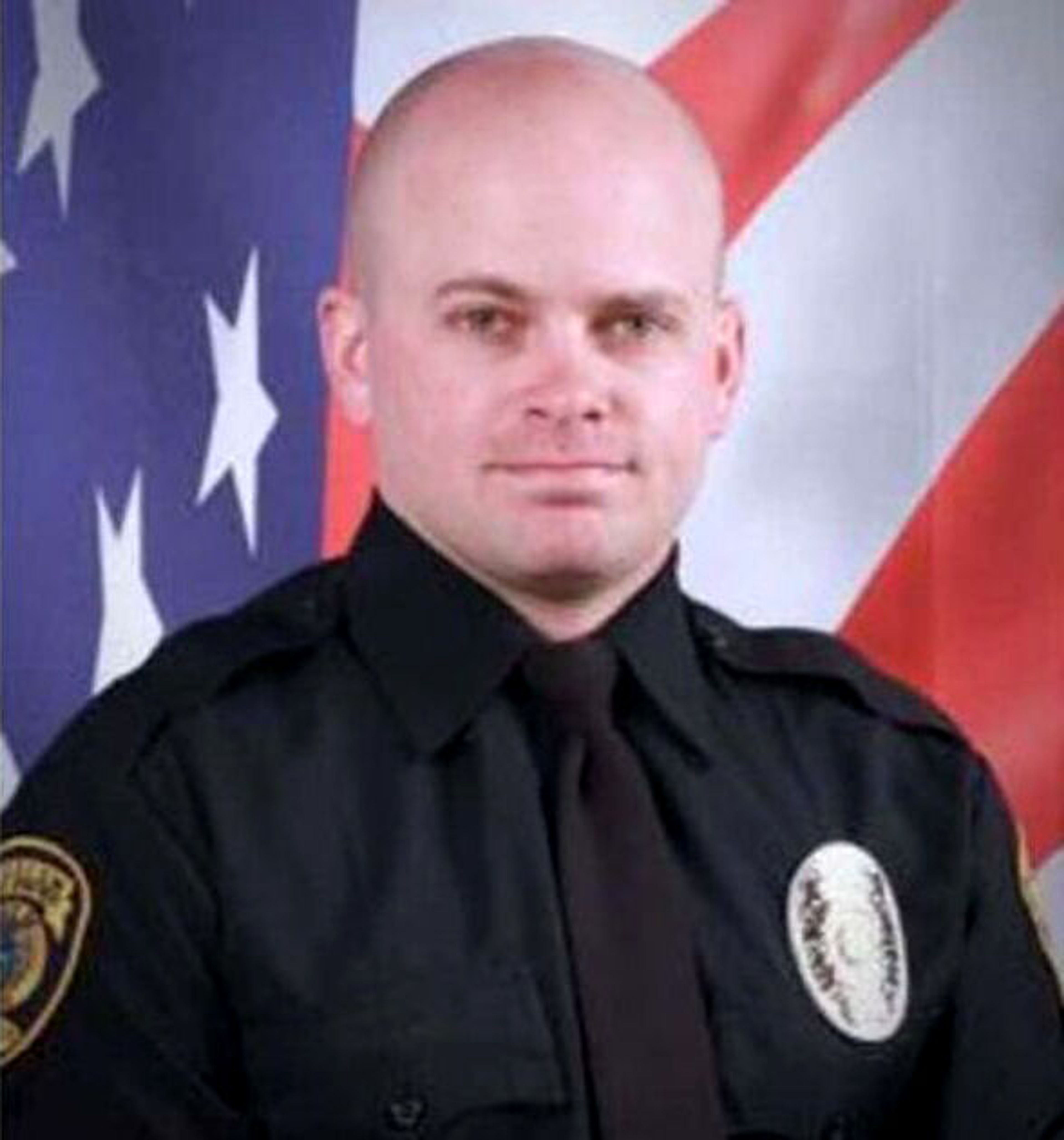Kohberger team talks gaps in evidence
One witness says there were ‘significant’ errors in cellphone data analysis of homicide case
MOSCOW -- Bryan Kohberger’s defense says there are holes in the evidence against the murder suspect, including missing video footage and cellphone location data.
His attorney Anne Taylor filed motions to compel the prosecution to turn over certain discovery she believes could be relevant to the case. A hearing on the matter was held Thursday in Latah County District Court.
Moscow Police Department Cpl. Brett Payne and cellular data expert Sy Ray took the witness stand to face questioning from Taylor in front of District Judge John Judge.
Payne was the lead detective in the Nov. 13, 2022, quadruple murder case and wrote the probable cause affidavit leading to Kohberger’s arrest warrant.
Kohberger faces four counts of first-degree murder and one count of burglary in the November 2022 stabbing deaths of University of Idaho students Kaylee Goncalves, Madison Mogen, Xana Kernodle and Ethan Chapin. He faces the death penalty if convicted.
Taylor asked Payne about the videos that were collected during the murder investigation, particularly along the Moscow-Pullman Highway and U.S. Highway 95. Taylor inquired about video footage from Red Start Coffee Company along Pullman Road, and Wasankari Construction on U.S. Highway 95.
Payne said thousands of hours of video footage were collected across Moscow. He could not recall specifically if videos were collected from those businesses, but he directed Taylor to the Moscow Police digital forensics office.
Latah County Deputy Prosecutor Ashley Jennings confirmed with Payne that police collected videos from stores, restaurants, gas stations and banks from all highways leading to and from Moscow. She said videos were collected from 79 businesses. Payne said all evidence collected by the Moscow Police Department has been turned over to the prosecution.
Video footage and cell tower data was used in Payne’s affidavit of probable cause to detail the alleged route Kohberger took to and from the King Road crime scene. The affidavit says Kohberger appears to have traveled south on U.S. 95 toward Genesee between 4:50 a.m. and 5:26 a.m. on Nov. 13, 2022. Then he allegedly traveled west toward Uniontown and back into Pullman.
Payne said he relied on FBI special agent Nick Ballance to analyze cellphone records.
When questioned, Payne said Thursday that U.S. 95 was a route Kohberger could have taken. He also said there are other paths he could have traveled, including Palouse River Drive, which turns into Sand Road when it crosses the Washington border.
Taylor said she has not yet been given all the relevant video footage in this case. She also complained that it would take days for her team to go through all the video evidence investigators collected, as the video is on uncategorized thumb drives.
Ray took the witness stand to discuss his analysis of how cellphone and cell tower data were used in this investigation.
Ray, who owns the Arizona-based ZetX Corporation and consults with police to analyze cellphone data, testified for the defense and said there are “significant gaps” in the data used for Kohberger’s arrest warrant. He said 80% of cell tower connections in the area were never mapped by police, which he said is “extremely problematic.”
He also said the drive test report used by the FBI to show the movement of Kohberger’s cellphone had significant errors. It does not include the King Road crime scene, he said, but that could be because the house is shielded by hills and apartment buildings.
He said the missing and inaccurate data he has spotted would benefit Kohberger’s defense during a trial, but he could change his opinion on that as he continues to analyze the investigation.
Ray was not questioned by the prosecution Thursday.
Taylor and another Kohberger attorney, Elisa Massoth, requested Judge to compel the prosecution to turn over certain evidence such as more than 50 federal grand jury subpoenas, videos, a list of cell towers from Moscow Police and training records for Ballance.
“We need to know the timeline of all of the evidence in this case and when the state knew what it knew,” Massoth said.
Jennings gave Judge an overview of how much evidence has been turned over to the defense. She said the prosecution has turned over a 50-terabyte hard drive, more than 13,000 photographs, more than 15,000 video clips from businesses and more than 8,000 video clips from residences.
She said the Wasankari Construction video includes only footage from the hours before the murders took place.
Jennings said the FBI and the U.S. Attorney’s Office still has not given the prosecution all of the evidence that the defense is seeking.
“We can’t give over what we don’t have,” she said.
She has detailed exactly what the federal grand jury subpoenas were for so the defense can understand the scope of what was subpoenaed, Jennings said.
Kuipers can be reached at akuipers@dnews.com.









